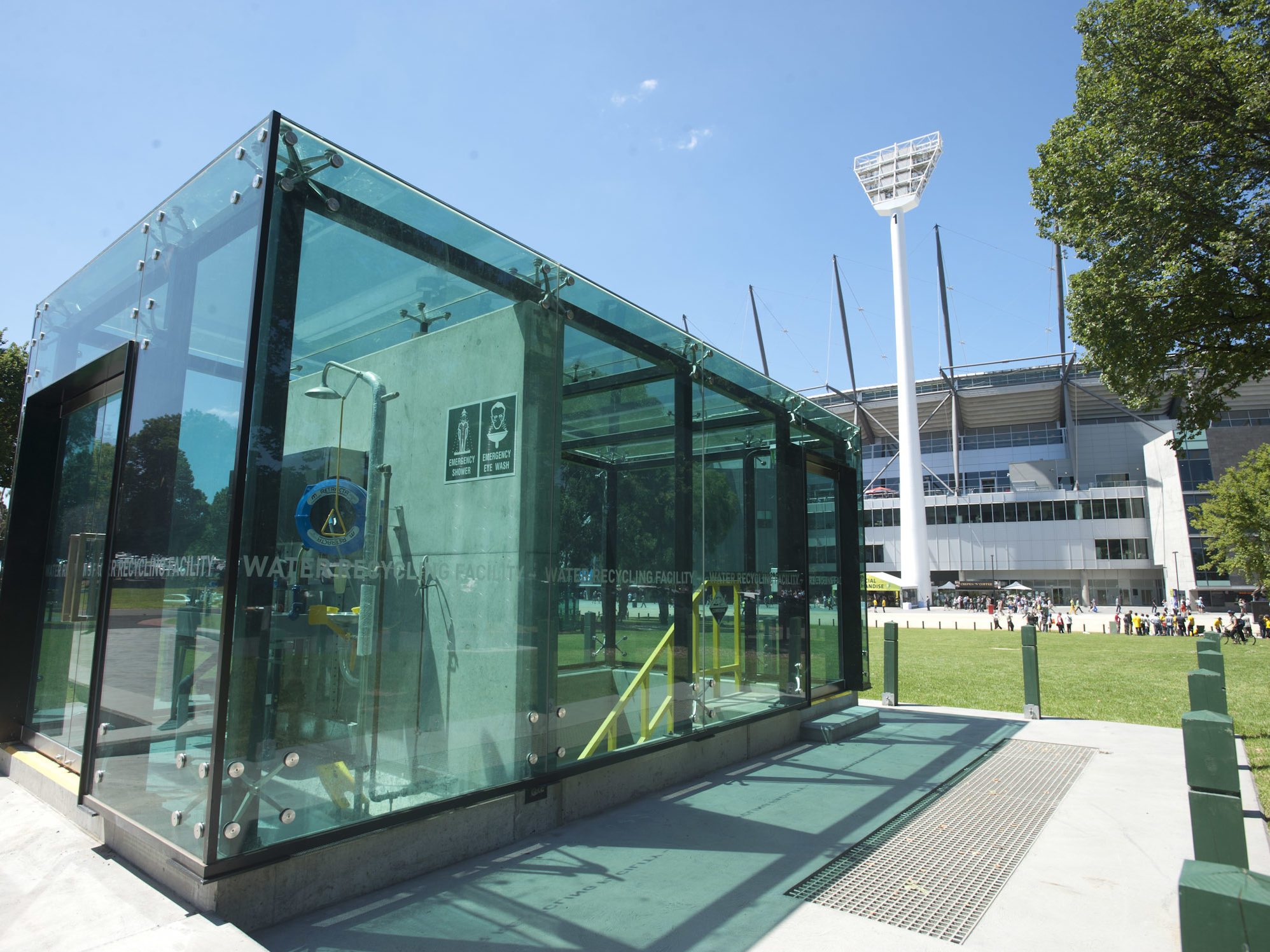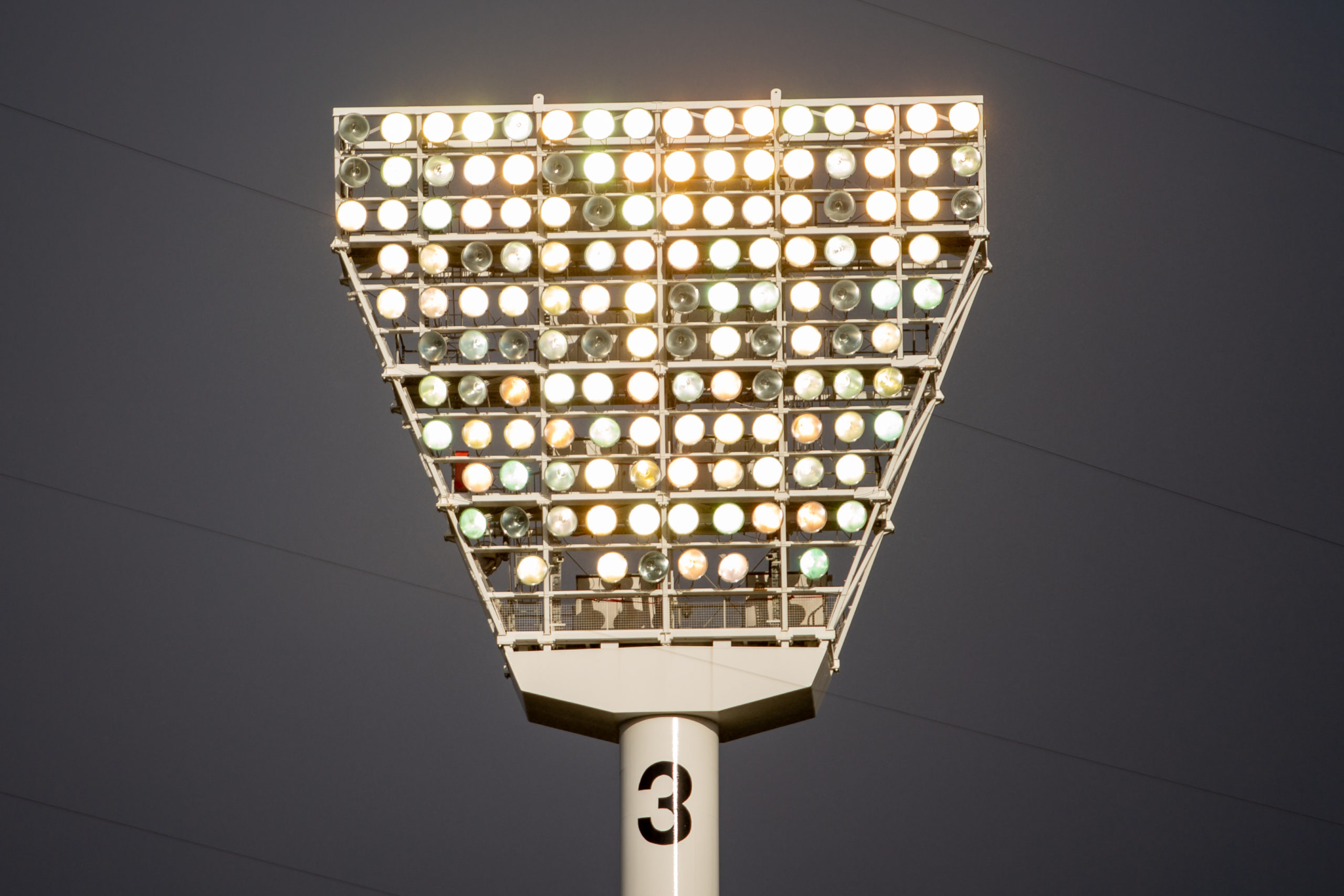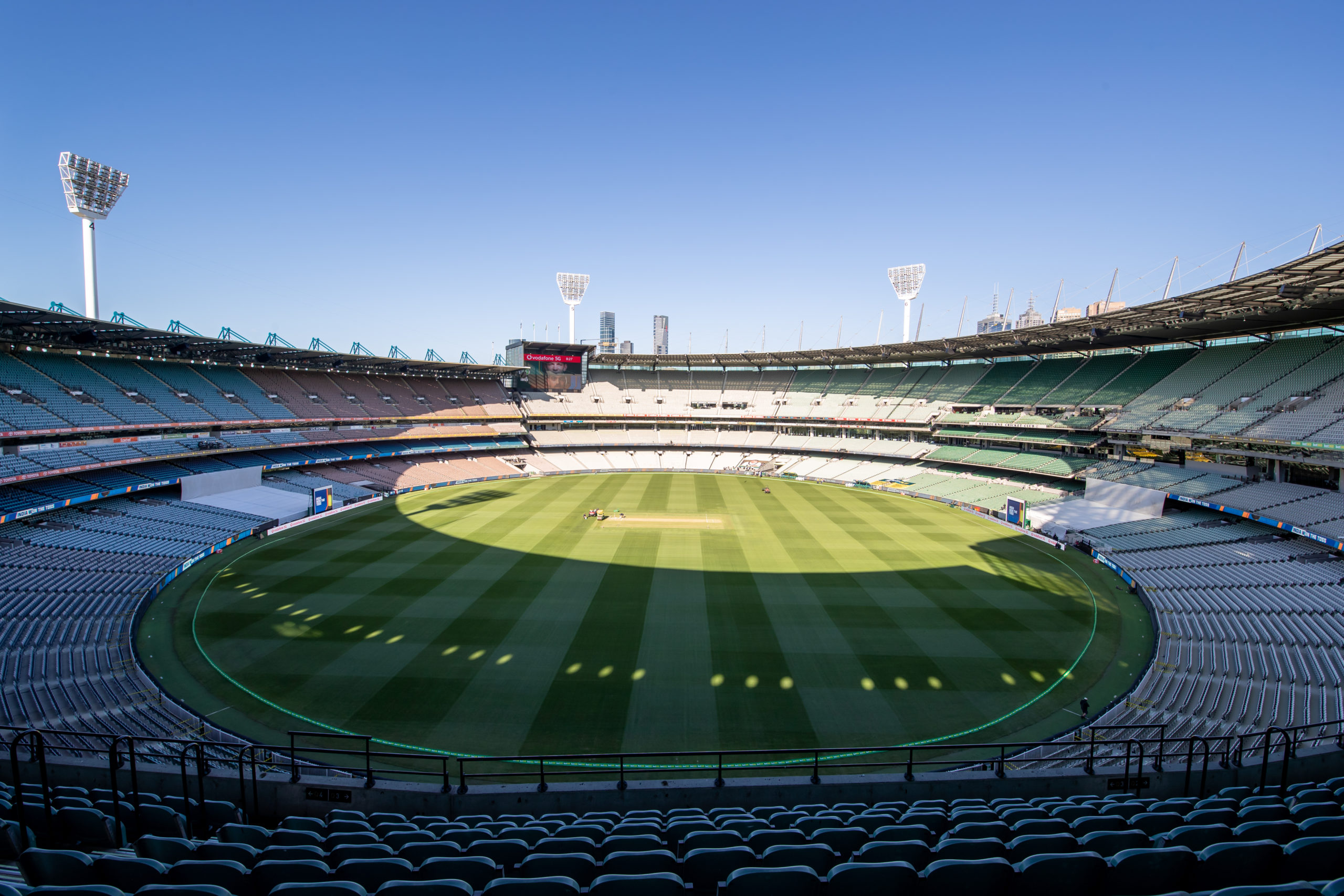Corporate Social Responsibility
Our Corporate Social Responsibility has seven elements:
- Economy – Economic viability
- Ecology – The built and natural environmental lifecycle Impact
- Equity – The social and organisational effect
- Managerial – Compliance, quality, environmental, safety risk management
- Continual – Business continuity and contingency to protect the business from externalities
- Community – Engagement of external stakeholders, driving community expectations, marketing and communications, managing the external business environment, and
- Spiritual – Staff Information and education, staff hearts and minds approach, cultural change management, managing the internal business environment
Our Sustainability Policy
Melbourne Cricket Club (MCC) recognises that the MCG, its associated events and operations and other MCC managed venues, have the potential to impact the environment. Accordingly, the club is committed to identifying and minimising these impacts through our Environmental Management System (EMS), prepared in accordance with the Australian/International Standard AS/NZS ISO 14001:2004
In line with this, MCC is committed to:
- Ensure the EMS includes documented information as required for applicable legal and regulatory requirements, and for the effective operation of the EMS;
- Continual improvement of environmental performance and best practice in environmental management through the implementation of our EMS;
- The prevention of pollution by managing stadium events and activities in an environmentally responsible manner;
- Measurement and minimising of resource consumption; specifically water and energy use associated with stadium processes and operations;
- Waste management practices that identify opportunities to reduce, reuse and recycle;
- Climate change mitigation through avoiding or reducing emissions of greenhouse gasses in developments, activities and events at our venues;


Waste
MCC adheres to five key guiding principles to continually improve its performance in waste management:
- Reduce unrecyclable waste.
- Reuse materials where possible.
- Promote recycling by providing appropriate infrastructure.
- Educate employees, patrons and contractors.
- Use landfill as a last resort.
The MCC co-ordinates its employees, contractors and patrons so as to maintain the maximum effectiveness of the waste management strategy. The club is also an active participant in the Closed Loop recycling program.
Water
Despite its commitments to the upkeep of the MCG turf and stadium for the hosting of major events, MCC has operated under a water conservation plan for some time.
The sand profile on the ground has helped reduce water usage by more than one million litres annually without reducing turf quality.
The MCC is conscious of its social and community responsibility towards the use of water. There are a number of measures either in place or being examined to ensure the MCC remains a responsible user of this precious resource.
One of the most significant water saving projects in the club’s history involved the installation of a water recycling plant in Yarra Park that has reduced consumption of potable water by up to 50 per cent.
Other water-saving measures being used include the harvesting of rainwater from the northern stand roof (via a 1.5 million-litre storage tank) to clean the seating bowl and concourse, re-engineering the end of hose pipes to increase pressure, implementing toilet flush reduction techniques and the installation of water-saving shower heads and timer controlled taps.


Energy
Working in tandem with Siemens, MCC has undertaken an energy efficiency upgrade that has converted the MCG into one of the most environmentally sustainable stadia in the world – and saved enough electricity to power the light towers for nearly six years.
The program of works have resulted in the MCG generating enough energy savings annually to power 835 houses.
Examples of the work involved include:
- Replacing the existing lighting systems with low-energy lighting technologies.
- Installing a new building management system.
- Implementing changes to heating and ventilation systems.
- Installing new chilled water systems and modernised room control systems.
In November 2017, the MCG and Siemens work was judged Best Commercial Energy Efficiency Project at the National Energy Efficiency Awards.


